

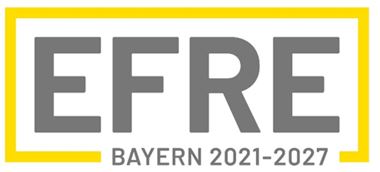

The innovative element of the project is the newly developed organo-mineral fertilisers and the associated production technology, which are considered a key criterion. These innovations promise tangible improvements in the entire food production process, which is directly or indirectly dependent on plant fertilisers. In addition, the upstream sector of the fertiliser industry and fertiliser trade as well as the downstream sector of residual material use will change.
One pioneering element is the strong globalisation of value chains in primary agricultural production. The project therefore aims at decentralised nutrient recycling in nutrient-rich regions with the aim of transferring nutrients to areas in need of nutrients. This significantly strengthens agriculture in the internal market and increases the value creation potential for farmers. By improving these structures, the project can indirectly counteract the disappearance of farms and promote more sustainable agriculture.
The project aims to close supra-regional nutrient cycles more efficiently by using organic fertiliser from animal husbandry and crop cultivation. In Bavaria, there are major differences between livestock-rich regions with surpluses of organic fertiliser and arable farming regions that require mineral fertilisers.
The aim is to bind animal manure in additive pellets and to preserve it in the long term without drying energy. Using innovative technology, natural components are developed into a moisture-stable granulate that is also intended to improve the soil quality of arable land. In addition, a method for measuring nutrients is being developed that enables the fertiliser to be scaled up and strengthens regional value creation. The project promotes the sustainable utilisation of residual materials and supports the independence of the German domestic market.
Environmentally friendly and resource-efficient technologies: The innovative pelleting machines for industrial wool waste can be used to produce functionally upgraded fertiliser pellets that can adsorb additional nutrients in liquid manure and are easily transportable after air drying. This promotes decarbonisation, as less nitrogen fertiliser is required, which is produced using fossil fuels in the energy-intensive Haber-Bosch process. In addition, less transport of fertiliser and raw materials from third countries is required overall. This also represents a biotechnological climate protection and energy solution. Overall, continuous nutrient recycling is made possible, which contributes to the circular economy and saves resources.
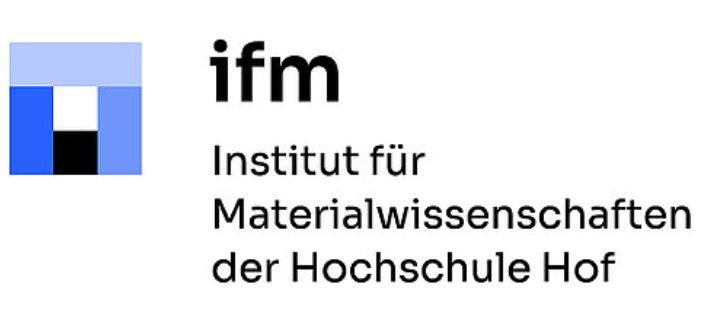
Institute of Materials Science
Hof University of Applied Sciences
Alfons-Goppel-Platz 1
95028 Hof
The research here is tough.


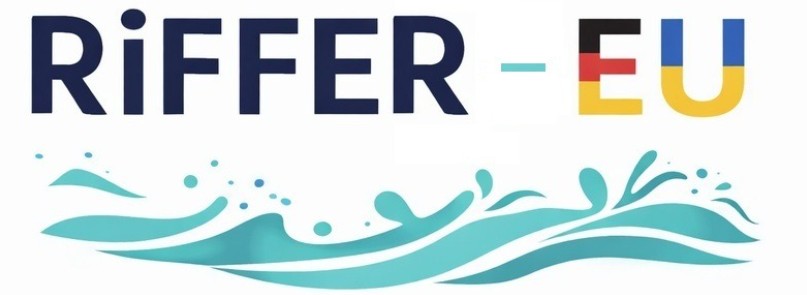

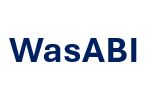
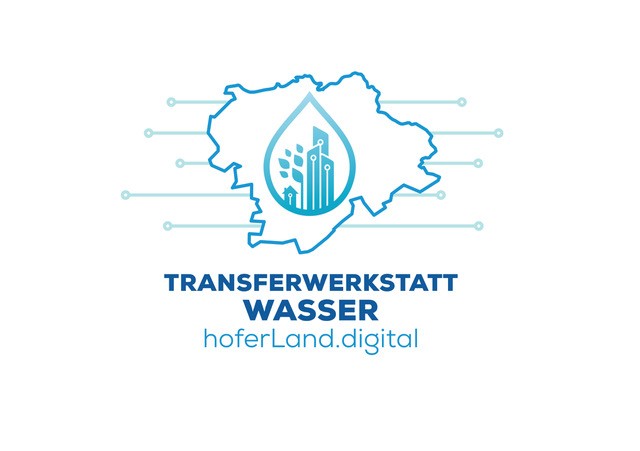
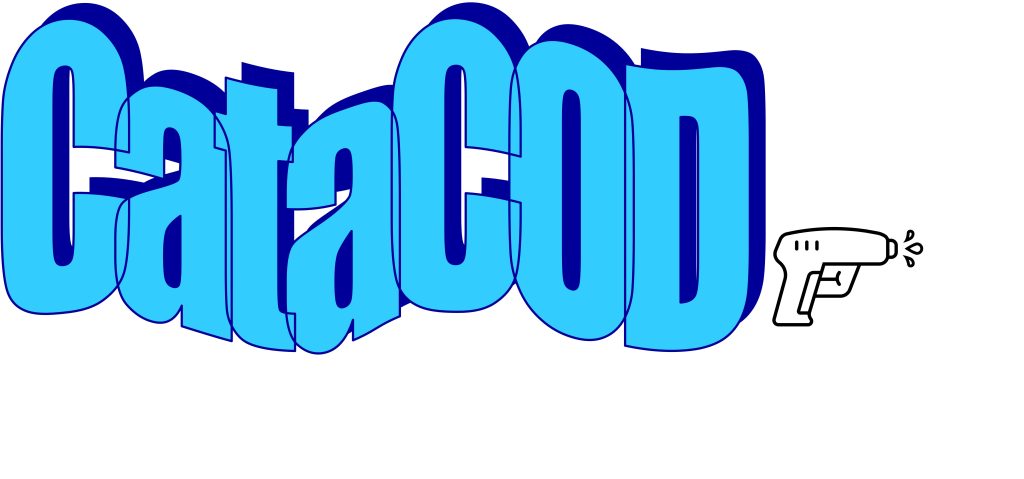



News about the inwa and its events.